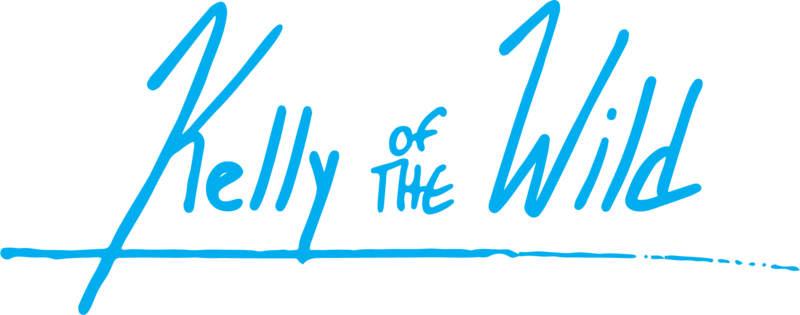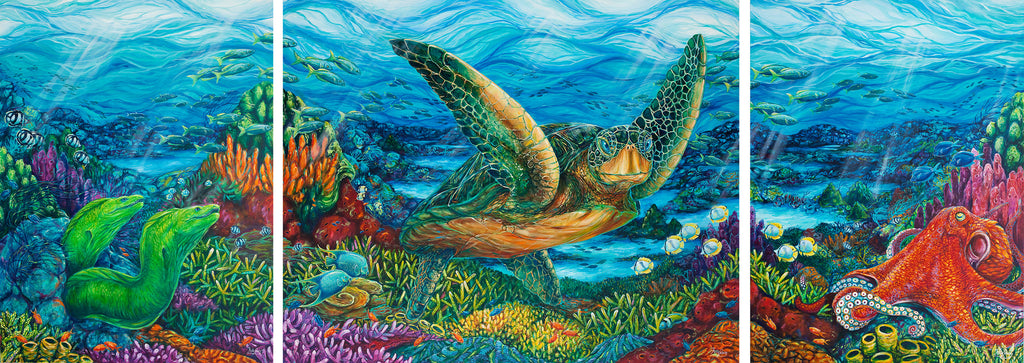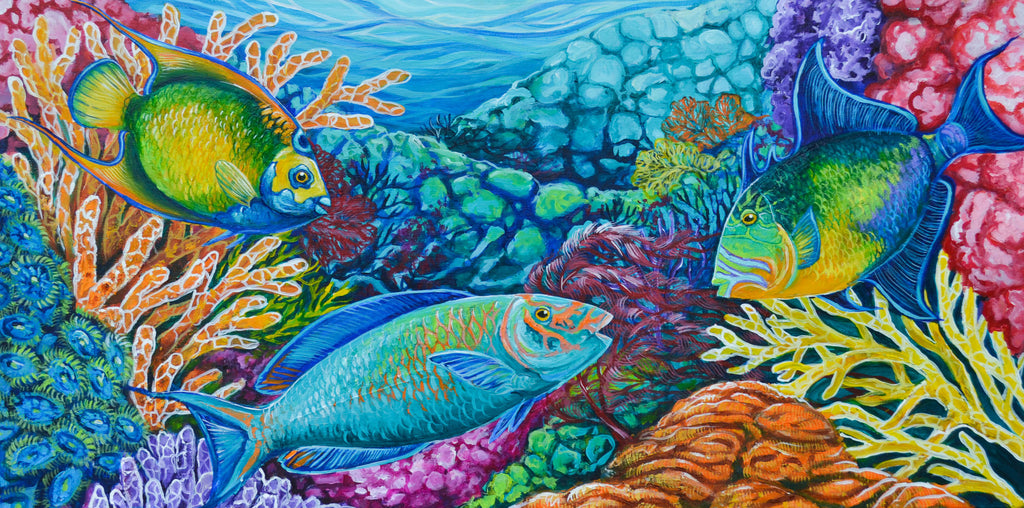The Florida Aquarium is Growing Coral!
Me with a fresh clone fragment of a Staghorn Coral!
Recently I had the opportunity to learn more about The Florida Aquarium’s coral farm! For those who haven’t heard about it, it’s kind of a big deal. Up until recently there was no feasible solution to combat the rapid disintegration of our coral reefs… however, with new genetic discoveries and growth practices, the Aquarium is successfully raising corals that can be out-planted back into the wild!
The Florida Aquarium, along with its partners, use the Coral Health Certificate to rescue, rehabilitate and reintroduce healthy corals back onto degraded reefs. This certificate ensures that reintroduced corals will not introduce disease, compares wild corals to captive corals, identifies specific genes, and establishes protocols to map, relocate and evaluate the health of coral fragments.
So here’s what I learned!

How do you raise a coral?
-
Coral Colonies are produced by several methods. These mostly include cloning and sexual reproduction.
-
Cloning (Which is what I learned about and was able to help with!) is the process of trimming off the ends of healthy corals and transplanting the new ends on a small concrete disc. This fragment of coral will become a perfectly new clone with the same genetics as its parent coral, but it will grow nearly three times as fast. This method works especially well with staghorn coral, one of the most endangered corals found on our reefs.
-
Sexual reproduction happens when a small gamete (baby coral) is created during a spawning event in the wild. Some of our researchers take regular trips down to the Florida Keys to gather gametes during such events, and currently The Florida Aquarium is the only facility to have successfully grown an adult coral from a gametes!

Staghorn Coral among other species in the coral farm tank.
What are the ideal conditions for coral?
-
Corals need just the right conditions to grow. These factors include excellent water quality, plenty of sunlight (but not too much), healthy water movement, and temperatures ranging from 72 - 80 degrees Fahrenheit.
-
Currently, the Florida Keys reef tract is suffering greatly in all of these areas. To combat this issue, The Florida Aquarium is working alongside the Coral Restoration Foundation and many other partners across the country, including other zoos and aquariums, to create genetically stronger corals that have natural resistance to higher temperatures and can withstand a lower quality of water. It’s really quite amazing what science can do!
A small fish enjoying the new Coral Tree in his exhibit at The Florida Aquarium!
What are we doing with these corals?
-
Specifically, the Aquarium participates in reef restoration projects that grow corals from gametes and clones. Our team will take periodic trips down to the Florida Keys to transplant our farm raised corals back into reef systems that no longer have living branching or stony corals. This type of coral is the most important because it is the foundation for the rest of the reef!
 Staghorn Coral grown from our farm planted in an exhibit at The Florida Aquarium to demonstrate the process of planting coral.
Staghorn Coral grown from our farm planted in an exhibit at The Florida Aquarium to demonstrate the process of planting coral.
Coral Reefs are in trouble all over the world. These important ocean ecosystems are stressed from many causes, including global climate change, coastal run-off, ship groundings, disease and pollution. To help coral reefs, The Florida Aquarium’s coral farm raises corals in order to create new coral colonies for reef restoration, research and educational exhibits.
Visit The Florida Aquarium to learn more about this research and see the coral farm for yourself! Thank you for reading friends, you're awesome! Also, a huge thank you to Shawn O Garner (Sr. Biologist) with The Florida Aquarium for sharing all this research with me so I could share it with you!
*Permit Notation* The Florida Aquarium works under a permit regulated by Florida Keys National Marine Sanctuary.

Continue reading



 Staghorn Coral among other species in the coral farm tank.
Staghorn Coral among other species in the coral farm tank. A small fish enjoying the new Coral Tree in his exhibit at The Florida Aquarium!
A small fish enjoying the new Coral Tree in his exhibit at The Florida Aquarium!











